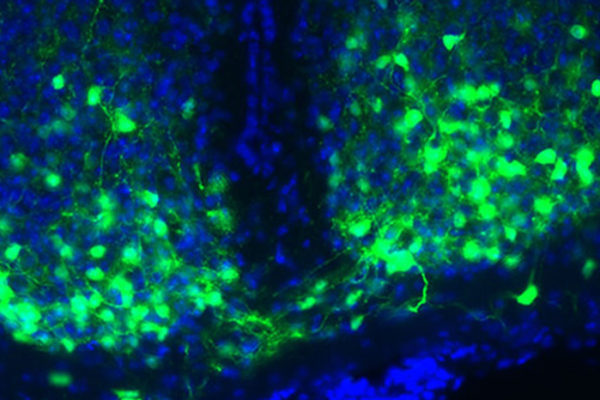Faculty book celebration Nov. 7
In the age of e-readers, is the printed book obsolete? On Thursday, Nov. 7, cultural historian Robert Darnton—author of The Case for Books: Past, Present, and Future—will present the keynote address for “Celebrating Our Books, Recognizing Our Authors,” Washington University in St. Louis’ 12th annual faculty book colloquium.
Obituary: WUSTL senior Yongsang Soh, 22
Washington University in St. Louis senior Yongsang Soh died Saturday, Oct. 26, 2013. A memorial service open to members of the WUSTL community will be held at 4:30 p.m. Saturday, Nov. 2, in the Women’s Building Formal Lounge.
Beyond Glory at Edison Nov. 16
The Congressional Medal of Honor is the United States’ highest award for valor in combat. It is very hard to get. Since being signed into law by Abraham Lincoln, only 3,468 medals have been awarded — 70 percent of them posthumously. In Beyond Glory, actor and playwright Stephen Lang — perhaps best known as Colonel Quaritch in Avatar — presents eight of these stories in the words of the men who lived them.
Boo! The South 40 welcomes pint-sized princesses and monsters for Campus Y Safe Trick or Treat
Tiny ghosts, goblins and witches enjoyed face painting and candy at Safe Trick or Treat, a Campus Y tradition.
J. Robert Lennon Nov. 5 and 7
“Over the last decade, J. Robert Lennon’s literary imagination has grown increasingly morbid, convoluted and peculiar,” writes The New York Times Book Review, “just as his books have grown commensurately more surprising, rigorous and fun.” Lennon, the Visiting Hurst Professor of Creative Writing at Washington University in St. Louis, will host a pair of events Nov. 5 and 7.
Exploring St. Louis’ ‘infinite possibilities’ in the 21st century
On the occasion of the City of Clayton’s centennial year, Washington University’s Assembly Series will present a panel discussion exploring the region’s future prospects and opportunities for growth featuring leading international authorities from our institution: William Powderly, Peter Raven and Holden Thorp. The “Innovation and Infinite Possibilities in the 21st Century” program will begin at 7 p.m Wednesday, November 6 in Simon Hall May Auditorium on the Danforth Campus.
Celebrating Washington University by celebrating distinguished faculty and alumni at Founders Day
On Saturday, Nov. 2, Washington University’s “family” will come from near and far to gather in St. Louis and celebrate its founding in 1853. The annual Founders Day dinner and ceremony, sponsored by the WUSTL Alumni Association, will feature an address by Jon Huntsman Jr., former U.S. ambassador to China. Other highlights include the presentation of Distinguished Faculty and Alumni awards and the Robert S. Brookings Awards.
VIP treatment for jet lag
A small molecule called VIP, known to synchronize time-keeping neurons in the brain’s biological clock, has the startling effect of desynchronizing them at higher dosages, says a research team at Washington University in St. Louis. Neurons knocked for a loop by a burst of VIP are better able to re-synchronize to abrupt shifts in the light-dark cycle like those that make jet lag or shift work so miserable.
Samurai sword protein makes strategic cuts in cell skeletons
Ram Dixit’s lab at Washington University in St. Louis has shown that a protein named after the katana, or samurai sword, plays a crucial role in patterning the “skeleton” inside plant cells. The work provides a clue to the long-standing mystery of how the cytoskeletons within both plant and animal cells become organized in function-specific patterns.
Panel spotlights Washington University scholars’ work connected to Afghanistan
As America’s longest war comes to an end, WUSTL panelists join author/journalist Fariba Nawa to bring their perspectives on the future of Afghanistan.
View More Stories

